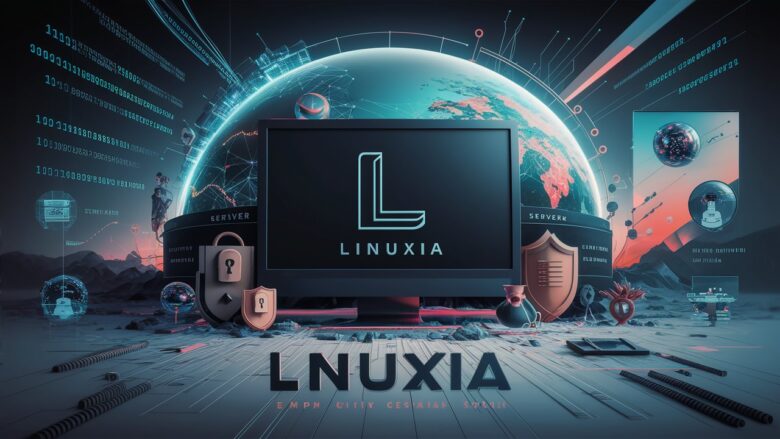Introduction
In the ever-evolving landscape of technology, Linux stands as a pillar of innovation, stability, and freedom. From powering the world’s servers to providing the backbone for mobile devices, Linux has become an indispensable tool for both professionals and enthusiasts. Whether you’re a seasoned developer, an IT professional, or a curious beginner, Linuxia is your gateway to mastering Linux. This article will guide you through the journey of understanding and leveraging the power of Linux.
Why Linux?
1. Open Source Freedom
One of the most significant advantages of Linux is its open-source nature. This means that the source code is freely available for anyone to view, modify, and distribute. This fosters a community-driven environment where innovation thrives, and users have complete control over their systems.
2. Stability and Performance
linuxia is renowned for its stability and performance. It is the operating system of choice for servers and supercomputers due to its ability to handle heavy workloads without crashing. The efficient use of system resources ensures that even older hardware can run smoothly.
3. Security
Security is a cornerstone of Linux. The open-source model allows for constant scrutiny by developers worldwide, leading to quick identification and patching of vulnerabilities. Additionally, the robust permission system in Linux enhances security by limiting the actions that can be performed by users and processes.
4. Customizability
Linux offers unparalleled customizability. From the desktop environment to the kernel itself, users can tweak every aspect of their system to meet their specific needs. This flexibility is particularly beneficial for developers and power users who require a tailored environment.
Getting Started with Linux
1. Choosing a Distribution
linuxia comes in many flavors, known as distributions (distros). Some popular choices include Ubuntu, Fedora, and Debian. Each distro has its unique features and target audience. For beginners, Ubuntu is often recommended due to its user-friendly interface and extensive community support.
2. Installation
Installing Linux is straightforward. Most distributions provide live USB or DVD images that allow you to try the operating system before installing it. The installation process typically involves creating a bootable USB drive, booting from it, and following the on-screen instructions.
3. Basic Commands
Once you have Linux installed, familiarizing yourself with the command line is essential. Here are a few basic commands to get you started:
ls: Lists files and directories.cd: Changes the current directory.cp: Copies files or directories.mv: Moves or renames files or directories.rm: Removes files or directories.man: Displays the manual for a command.
4. Software Management
Linux distributions use package managers to handle software installation, updates, and removal. For example, Ubuntu uses apt, Fedora uses dnf, and Arch Linux uses pacman. Learning to use these package managers will streamline your software management tasks.
Advancing Your Skills
1. Scripting
Scripting is a powerful way to automate tasks in Linux. Bash scripting, in particular, is widely used for its simplicity and effectiveness. Learning to write scripts can save you time and enhance your productivity.
2. Networking
Linux is a dominant force in the server world, and understanding networking concepts is crucial. Familiarize yourself with tools like ping, netstat, ssh, and iptables to manage and troubleshoot network connections.
3. System Administration
Mastering system administration skills will allow you to manage users, configure services, and optimize system performance. Tools like systemd, cron, and top are indispensable for any Linux system administrator.
4. Development
linuxia provides a robust environment for software development. From coding in various programming languages to using version control systems like Git, Linux offers all the tools you need to develop, test, and deploy applications.
Joining the Community
Linux has a vibrant and welcoming community. Joining forums, participating in mailing lists, and contributing to open-source projects are excellent ways to deepen your knowledge and connect with like-minded individuals. Websites like Stack Overflow, Reddit, and the official forums of your chosen distro are great places to start.
Conclusion
Linuxia is more than just a gateway to Linux mastery; it’s a journey into the heart of technology. By embracing Linux, you unlock the potential to innovate, create, and control your digital environment. Whether you’re a hobbyist or a professional, the skills you acquire through Linux will empower you to achieve your goals and stay ahead in the ever-changing tech landscape.
Embark on your Linux adventure today with Linuxia, and discover the limitless possibilities that await you.



